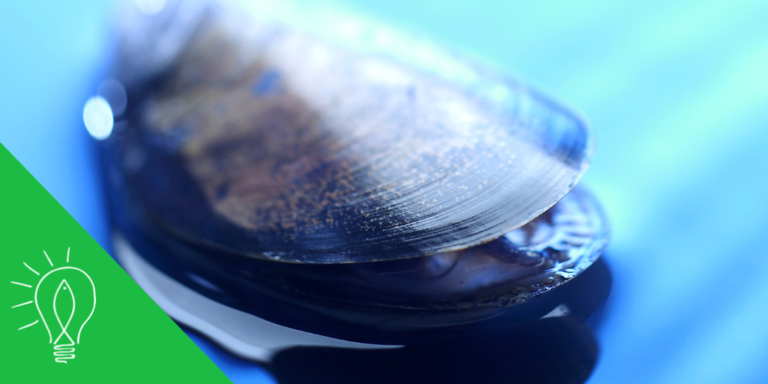

This feasibility project will utilise the Molendotech technology to test shellfish for E.coli and Salmonella and compare with the current MPN method, which can take 48 hours in comparison to the Molendotech technology's 6 hours.
£50,000
5 Months

Levels of faecal contamination in shellfish collected from production areas must be monitored according to UK and European Regulation. E. coli is used as an indicator of this contamination and, as such, of water quality. Currently, testing of shellfish requires samples to be sent to accredited laboratories and the E.coli content determined by the Most Probable Number culture method that can take over 48 hours for a result. Thus, testing is retrospective and product can already be placed on the market by the time a high E.coli result is recorded. In addition, these tests do not routinely monitor the presence of pathogenic (disease causing) bacteria.
Building on its innovation in water testing technology, Molendotech has developed an innovative response; a fast test (7 hours) for pathogen identification that can be used in situ and overcomes the need for lengthy culture-based methods allowing a responsive testing system for shellfish. Working with Cefas, this feasibility project allowed the validation and testing of the Molendotech rapid assay to detect bacteria in shellfish. The project established that this novel assay could detect indicator bacteria (E.coli) and pathogens (eg Salmonella, E.coli O157) in oyster flesh. Moreover, the assay was found to have high sensitivity and could detect E.coli in samples from the highest to lowest levels required by regulation for the classification of shellfish. Results from this feasibility study will allow the further development of the assay with Cefas for use with other seafood types and to detect other bacteria.
Molendotech Limited